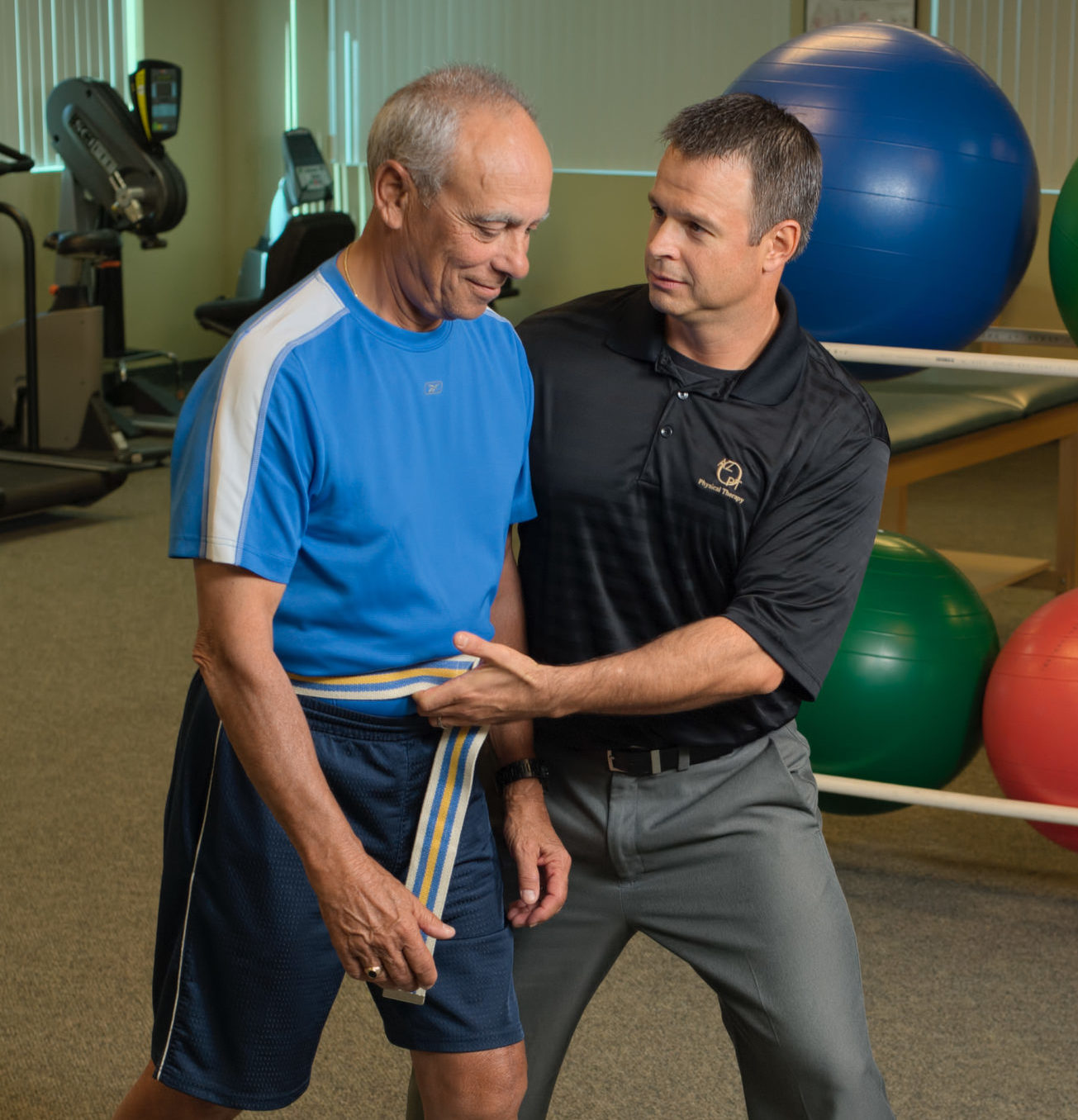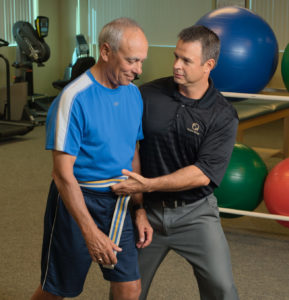Why Is Balance So Important?
We’ve all heard the expression “If you don’t use it, you lose it”. That expression especially rings true for our sense of balance. We’ll talk about what balance is, the role that balance has on our daily lives, and consequences of falling.
What is balance?
Balance is made up of three components: proprioception, visual, and vestibular.
Proprioception is a fancy word to describe the responses our skin, muscles, and joints receive while telling us where our body is in space. These receptors can tell us if a joint is bent or straight, or where our legs are when we are standing or walking. The proprioceptive system is especially important when we lack our visual system.
Our visual systems rely on our eyes telling us where we are in relation to our environment. It can tell us if we are upright or laying down. This is why when we try to walk at night or with the lights off, we feel off balance.
Our vestibular system is made up of our inner ear. There are structures in our ear that tell us if we are moving certain directions and send signals to our brains to interpret.
The role of balance in our daily lives
Without our sense of balance and the three systems consisting of our balance, we would not be able to do simple tasks such as standing up, walk, or even sit up! A lot of people take our balance for granted; it’s something we typically don’t think about when we are younger. However, as we age, our balance systems slowly may become more inefficient. There are also certain conditions and illnesses that can affect our balance. Sinus/ear infections, strokes, or even side effects from certain medications can cause impairments to our balance.
Consequences of falling
Here are some quick facts about some consequences of falling:
- Falls can lead to bruising, broken bones, or even head injuries.
- An estimated $50 billion dollars per year are spent on rehabilitation and recovery following a non-fatal fall in the United States.
- Over 300,000 falls are reported each year and 95% of those are from fall related accidents.
- Hip fractures typically leads to hardware placed in the hip to help stabilize the fracture or a hip replacement surgery.
What if you have balance issues?
Methods to help compensate for balance issues are durable medical equipment (DME). DME can include things such as front-wheeled walkers, canes, and wheelchairs. DME can also include things in the home that can help people move or transfer better. Grab bars in the bathroom, a shower chair, or a reacher can assist someone who has mobility or balance issues.
Another method to assist with balance issues in the home is looking at common fall hazards in the home. Area rugs, while nice to look at, can cause someone to fall by catching their foot while walking. Night lights that help illuminate hallways or bathrooms can help someone use their vision more efficiently when getting up to use the bathroom.
If you feel off balance, dizzy, or just want to get examined by a professional, AzOPT offers free consultations to determine if you are appropriate for physical therapy. Our licensed physical therapists are able to perform tests and measures that can tell us which part of your balance is impaired, if any. If appropriate, our licensed physical therapists are able to take you through a balance and strengthening program that assists you in maximizing your balance and mobility ability.
References:
http://www.machtmedicalgroup.com/2015/03/see-no-evil-hear-no-evil-feel-no-evil/
https://www.cdc.gov/falls/hip-fractures.html
https://www.nia.nih.gov/health/balance-problems-and-disorders








